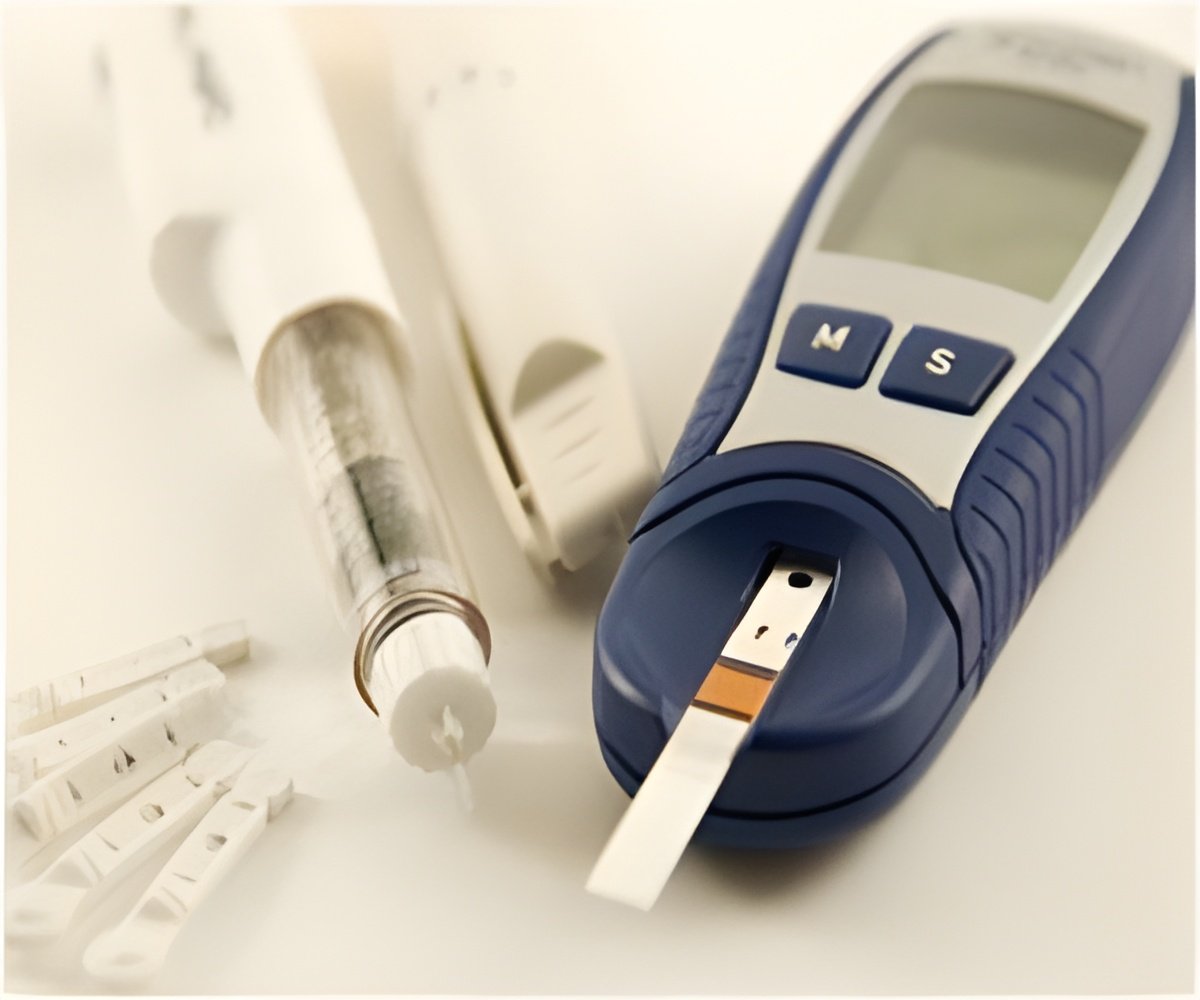A new study suggests that diabetics who receive prescribed heart medications through mail were less likely to visit the emergency room.

This study is the first to examine the potential impacts of mail order pharmacy on patient safety and utilization, and explores the concern of patients experiencing adverse outcomes because they do not meet face-to-face with a pharmacist.
"Overall, we didn't see any safety concerns," said Julie A. Schmittdiel, PhD, research scientist with the Kaiser Permanente Division of Research and the study's lead author. "For the vast majority of people, mail order pharmacy works well."
Kaiser Permanente offers members the options of using its mail order pharmacy or picking up prescriptions at walk-in pharmacies located in Kaiser Permanente hospitals and outpatient medical buildings. Medications can be delivered by mail with free shipping; mail order requests can be made by phone or online; and mail order copayments are often lower for the same supply as walk-in pharmacies.
The study did not look at possible reasons why the use of mail order pharmacies was associated with fewer emergency room visits, but researchers noted that further investigation may involve exploring factors such as patients having disabilities, time constraints or limited transportation.
This study is part of Kaiser Permanente's ongoing efforts to understand how mail order pharmacies can improve care. Schmittdiel's previous studies have shown that patients who use mail order pharmacy have significantly better medication adherence and cholesterol management.
Advertisement
Source-Eurekalert















